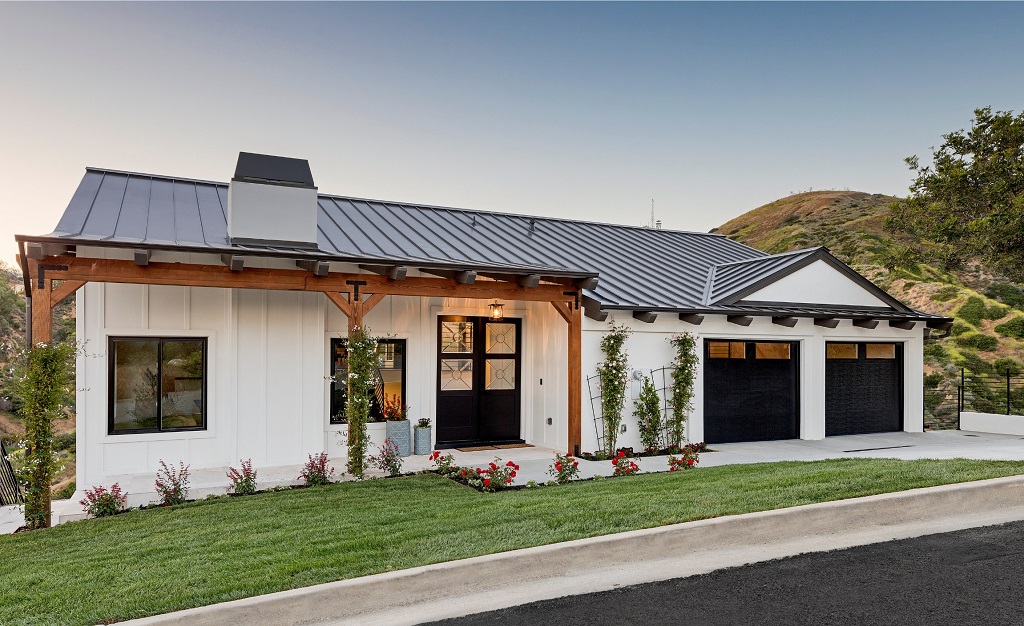There are many factors to consider when budgeting for a new home. Unfortunately, many buyers often make common mistakes that can cost them significantly more money in the long run.
By planning and being mindful of your expenses, you can ensure you have enough money saved for your down payment and other related costs. Knowing the following budgeting mistakes can save you time and money when buying your dream home.
8 Common Mistakes Made When Budgeting for a New Home
- Buying Too Much House
- Not Considering All the Costs
- Skipping the Home Inspection
- Failing to Shop Around for Mortgage Rates
- Not Tracking Your Spending
- Failing to Plan For Emergency Expenses
- Not Cutting Back on Expenses
- Being Unrealistic About Your Financial Situation
Also see:
1. Buying Too Much House
One of the most common mistakes people make when budgeting for a new home is buying “too much house”. A buyer’s approval for a large loan doesn’t mean they should spend it all – they should instead carefully consider their long-term financial goals and plan accordingly.
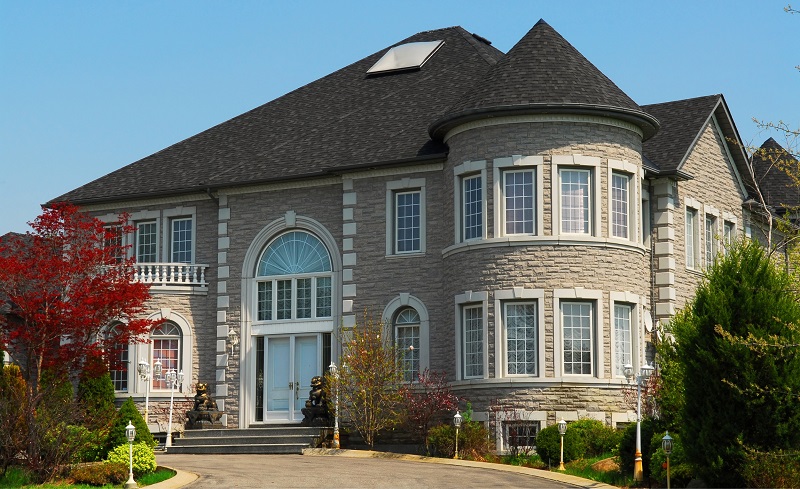
Those who want to save money should buy a less expensive home or one within their budget. This way, they can avoid being “house poor” and struggling to make monthly payments.
It’s also essential for buyers to remember that a home is a long-term investment. It may take years for the value to appreciate, so buyers shouldn’t expect to make a profit immediately.
2. Not Considering All the Costs
When budgeting for a new home, it’s essential to consider all costs associated with buying and owning property. In addition to a down payment and monthly mortgage payments, buyers also need to factor in the following costs:
- Homeowners Insurance
- Property Taxes
- Homeowners Association Dues (if applicable)
- Utilities
- Furnishings and Décor
- Repairs and Maintenance
- Moving Expenses
- Rental Costs (related to move-out fees or breaking a lease early)
These are just some of the costs associated with owning a home. Budgeting for all of them is essential so unexpected expenses do not catch you off guard.
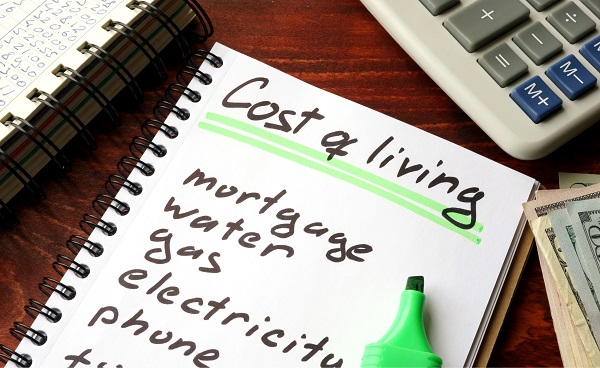
For those homebuyers that already know to budget for these costs upfront, many may be prone to inaccurate estimates when either moving to a different climate or to a home that is strikingly dissimilar to their previous residence (e.g. size, insulation, window orientation, etc.). Requesting to view one year’s worth of utilities bills will help prevent any surprises.
Utility bills can also dramatically differ from city to city in the same climate due to embedded taxes and other fees that are particular to a certain municipality.
3. Skipping the Home Inspection
A home inspection is a must when buying any property, yet some buyers try to save money or assuage the seller by skipping it. This risky oversight can prove to be a huge mistake that could cost them dearly in the long run, both financially and emotionally.
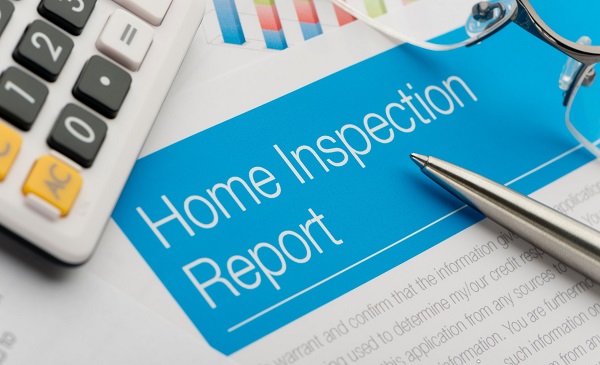
Home inspections uncover any significant problems with the property, such as water damage, structural issues, or electrical problems, and can help buyers create a fix-it game plan for their home. By skipping the inspection, buyers could unwittingly purchase a money pit.
It’s also worth noting many lenders require a home inspection before approving a mortgage loan. Therefore, skipping the inspection could jeopardize the financing deal entirely.
4. Failing to Shop Around for Mortgage Rates
When budgeting for a new home, it’s essential to compare mortgage rates from multiple lenders. However, some buyers get too comfortable with their current lender and don’t shop around. This mistake could cost them thousands of dollars over the life of the loan.
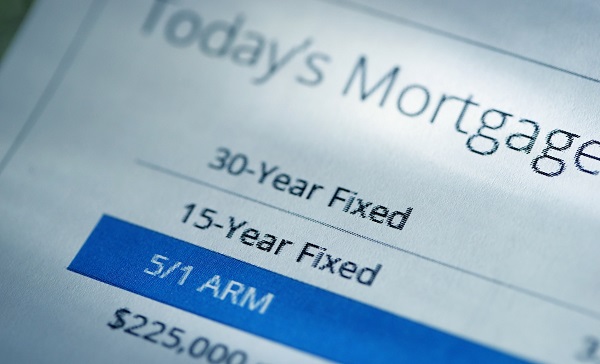
Compare mortgage rates, as well as any fees associated with the loan, before making a decision. It’s also crucial to read the fine print and understand all the terms and conditions of the loan before signing any paperwork.
Beware of any lender that tries to pressure you into deciding before you’re ready. A suitable mortgage lender will allow you the time to make an informed decision.
5. Not Tracking Your Spending
Failing to track your spending is a mistake many homebuyers make when budgeting for a new home. It’s essential to know exactly how much money you’re bringing in each month and where it’s going. This way, you can identify unnecessary expenses and adjust your budget accordingly.
There are many budgeting tools available online to help with this process. Once you establish a budget, stick to it as closely as possible. Doing so will help ensure you’re ready to buy a new home.
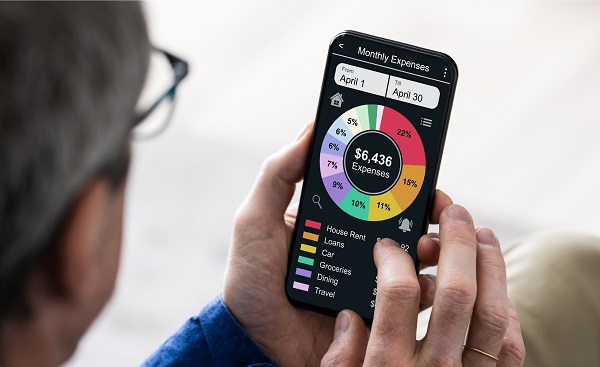
6. Failing to Plan For Emergency Expenses
Another mistake many homebuyers make is failing to plan for emergency expenses. It’s essential to have an emergency fund to cover life’s unexpected events, such as an illness, job loss, or damage to the home not covered by insurance.
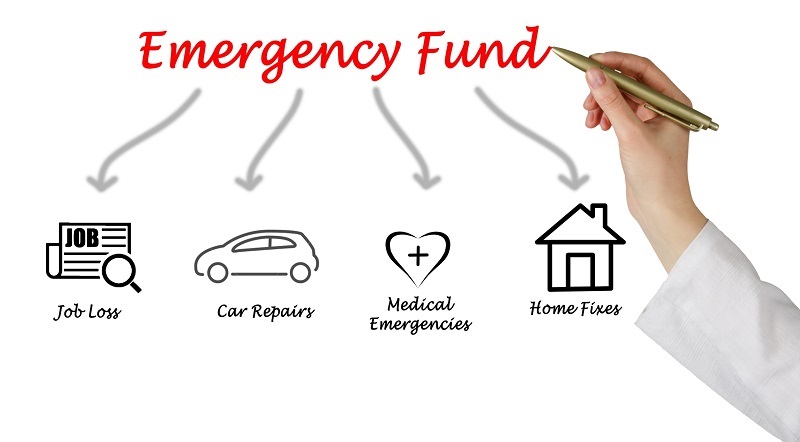
Many experts recommend having at least 3 to 6 months’ worth of living expenses saved before buying a new home. This way, if you experience a financial setback, you’ll have the funds to cover your mortgage payments.
If an unexpected event occurs and no saved money is available, buyers could struggle to make payments and risk foreclosure.
7. Not Cutting Back on Expenses
When budgeting for a new home, the vast majority of homebuyers will need to cut back on their expenses. Eating out less often, reducing entertainment costs, and finding ways to save on groceries are ways to achieve this goal.

Any extra money buyers can put towards their down payment will make buying a home much more manageable. Therefore, it’s crucial to be mindful of your spending and make cuts where necessary. Keeping your long-term goal of purchasing a home in mind will help you stick to your budget.
8. Being Unrealistic About Your Financial Situation
Any combination of the previous mistakes listed can contribute to a homebuyer having unrealistic expectations when planning to purchase a new home.
It is most critical to be realistic about your finances and what you can afford when budgeting for a new home. Don’t underestimate the cost of homeownership nor overestimate how much you can afford each month. Doing so could lead to dire financial stress down the road. Instead, take the time upfront to crunch the numbers and create a realistic budget to help you achieve your dream of homeownership.
As you become better able to manage your finances and start making notable progress towards a down payment, the process will become easier and more promising!

This article was written by John Quinn, a guest contributor. John’s 30+ years in real estate have shown him that it is no longer good enough to be all things to all people at all times. Now the leader of The John Quinn Team, he focuses on having highly skilled agents and staff available to you to help streamline the process.
Recommended Home Buying Articles
- Options for Millennials Determined to Own a Home
- Enjoy Working Remotely? Here’s How to Choose to Live Wherever You Want
- Real Estate Love Letters: Are They Legal?
- Green Mortgages: An Eco-Friendly Way to Combat Rising Interest Rates
- Want a Nontraditional House? Here’s How to Finance It!
- The Difference Between A 203k FHA Loan and A Conventional Loan
| Purgula is reader-supported. When you click on links to other sites from our website, we may earn affiliate commissions, at no cost to you. If you find our content to be helpful, this is an easy way for you to support our mission. Thanks! Learn more. |

